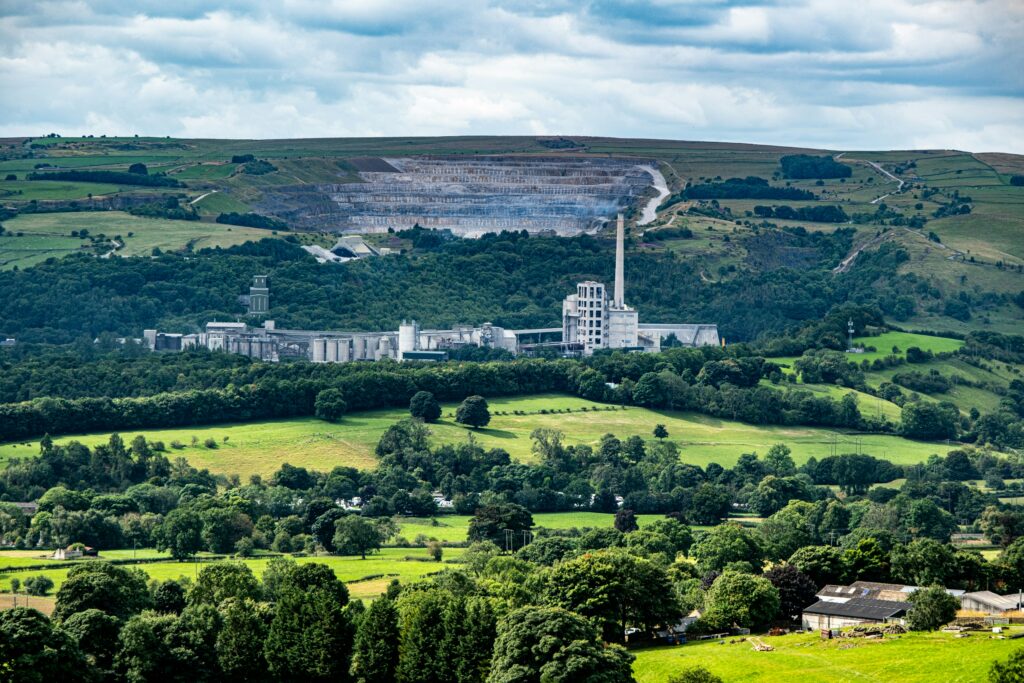Precision robotics for a greener manufacturing future
Background
In the race against climate change, the manufacturing sector stands at a crucial juncture. As one of the largest contributors to global greenhouse gas emissions, the industry is under immense pressure to innovate and implement sustainable practices. Precision robotics can revolutionise production processes and significantly aid manufacturers in their decarbonisation journey.
Precision robotics – with high accuracy, minimal error rates, and advanced control capabilities – are becoming indispensable in modern manufacturing. They are not just about automation; but about optimising every aspect of production to align with both efficiency and environmental goals. Precision robotics will be instrumental in achieving a greener, more efficient future.
Reducing errors and increasing accuracy
In traditional manufacturing setups, human error and conventional machinery can lead to defects, requiring rework or even scrapping of parts. These errors not only consume time and resources but also contribute to unnecessary waste and emissions. Precision robotics, with advanced sensors and control systems, drastically reduce these errors.
In the electronics industry, where tiny components must be assembled with micron-level precision, a slight misalignment can render a device useless. Precision robots excel here, consistently placing components with great accuracy. This not only ensures high product quality but also minimises the likelihood of defective products that would otherwise end up as waste.

In automotive manufacturing, precision robotics can be used to weld car frames with exacting accuracy. This reduces the need for post-production adjustments and decreases material wastage due to inaccurate welds. The result is a more streamlined production process with fewer resources expended on correcting mistakes.
Minimising waste and optimising resource use
Waste reduction is a cornerstone of sustainable manufacturing, and precision robotics plays a key part. By performing tasks with unparalleled accuracy, these robots significantly lower material waste, off-spec production, and errors in assembly.
Reducing recalibration time and downtime
Conventional machinery often requires frequent recalibration to maintain accuracy, leading to downtime and increased energy consumption. Precision robotics, equipped with self-calibrating capabilities and real-time monitoring, dramatically reduce the need for such interventions. INSPHERE’s IONA hardware, and ORA software provide a robot tracking solution with the ability to carry out efficient in-process updates without the need for manual intervention, and are proving very effective.
This continuous operation not only boosts productivity but also lowers the energy consumed during recalibration, contributing to a greener manufacturing process. This flexibility reduces downtime and ensures that the manufacturing line operates at optimal efficiency, conserving energy and resources.
Enhancing time efficiency and saving costs
Time efficiency is another significant advantage of precision robotics. By performing tasks faster and more accurately than human workers or traditional machines, these robots help shorten production cycles, allowing manufacturers to meet demand without compromising on quality. This not only speeds up the entire production process but also reduces energy consumption associated with prolonged operational times.
In the realm of custom manufacturing, precision robotics can quickly adapt to different production requirements without extensive retooling. This adaptability not only saves time but also reduces the costs associated with setting up new production lines or modifying existing ones.
Precision robotics for a sustainable future
The integration of precision robotics in manufacturing is not just a step towards increased productivity—it is a leap towards sustainability. By enhancing accuracy, reducing waste, minimising downtime, and improving overall efficiency, precision robotics play a pivotal role in the decarbonisation of manufacturing processes.
For manufacturers committed to reducing their environmental impact, adopting precision robotics is no longer optional but essential. These advanced systems offer a clear path to a greener, more efficient future where sustainability and profitability go hand in hand.
Conclusion
By harnessing the power of precision robotics, manufacturers can meet the dual demands of efficiency and sustainability, ensuring that their operations are not only economically viable but also environmentally responsible. The journey towards decarbonisation is challenging, but with precision robotics, it becomes a more achievable and compelling goal.
